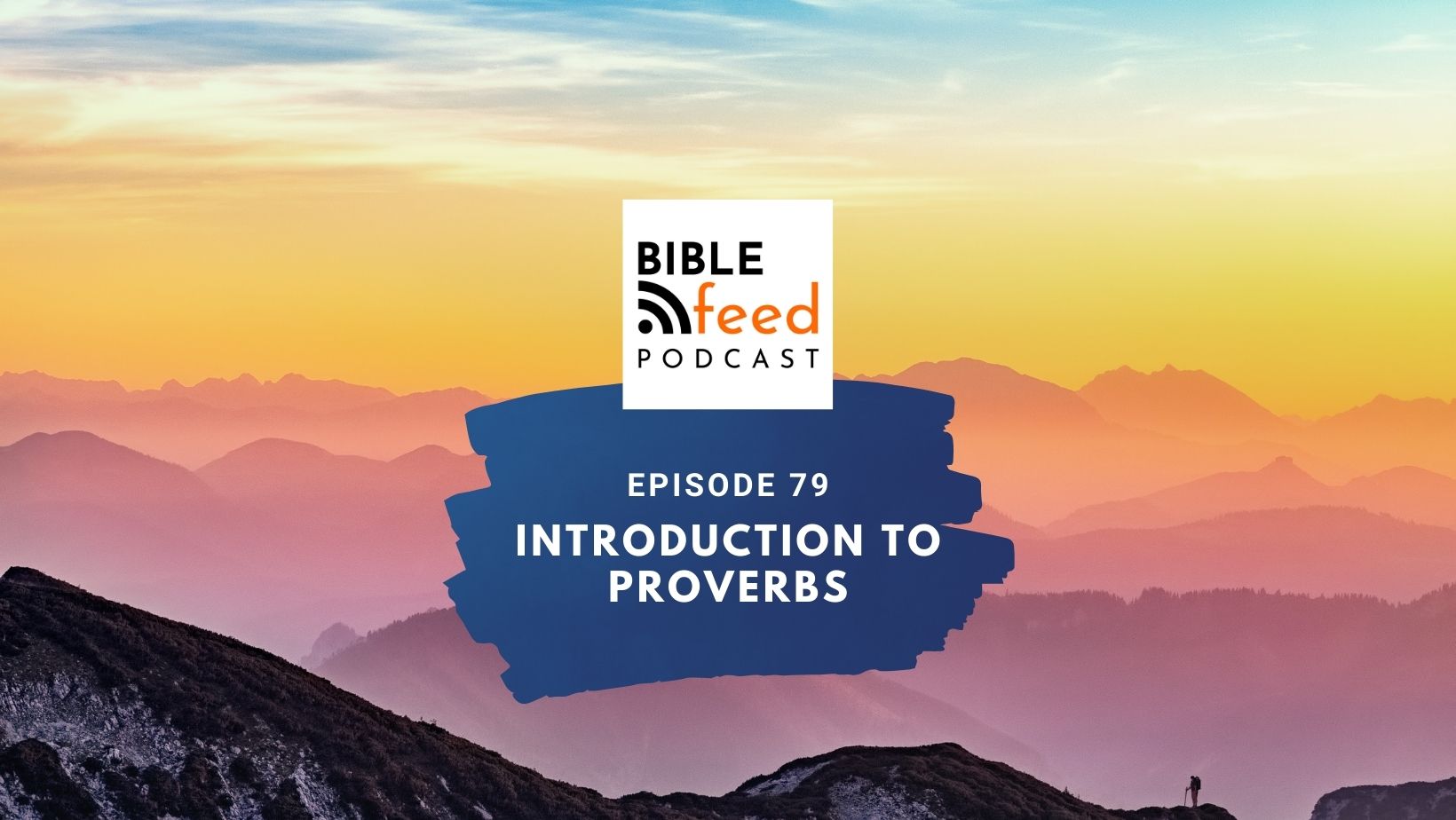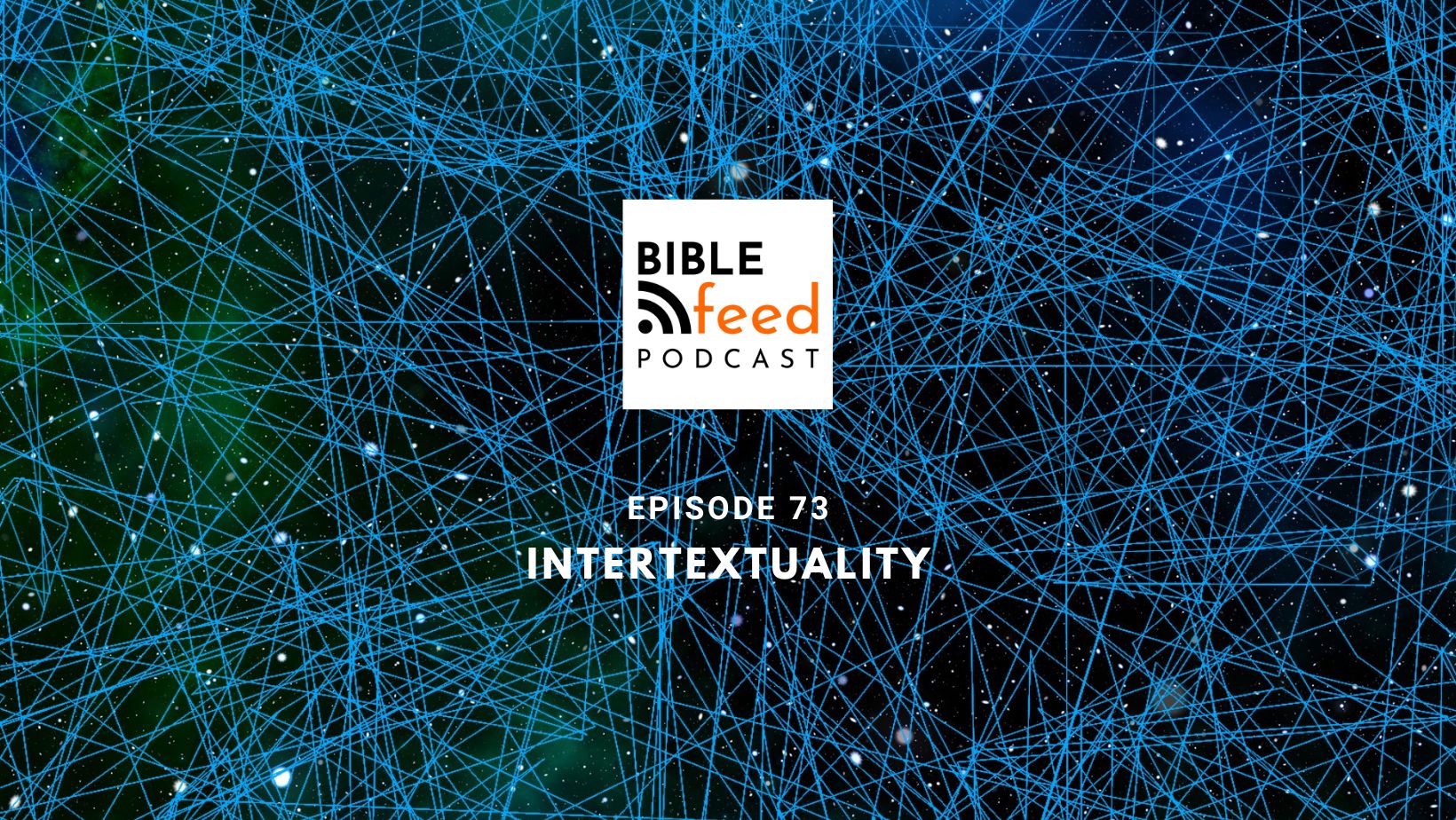Laurence and Paul try to make the book of Proverbs, in the Old Testament, easier to read. By breaking down its seven distinct sections, from fatherly advice to the young, through to reflections at the end of life, they aim to make Proverbs more accessible and meaningful. They also think about how Proverbs relates to other ancient wisdom literature and finish up by testing Laurence on his ability to recognise types of parallelisms!
Paul and Dan talk about "intertextuality" - basically, how the meaning of a text is influenced by references to other texts. The Bible (not surprisingly) is full of links between its 66 books. But how far can we take this? Can we go too far and see patterns where there are none (like seeing the face of Jesus in a slice of toast)?!
Christmas is a time of joy and festivity, but the joy sometimes fades away much quicker than we would like. By turning attention directly to the birth of Christ, can we recapture something of a more permanent joy and rejoicing to help us through life with more optimism and hope?
In past centuries, going to church was a deeply embedded part of how western society worked. But today, with so much emphasis on personal faith and opportunity to do community activities outside church, is there any point in being part of a religious group and meeting with people? We discover three key reasons: Support, Diversity and Magnifying.
When we are downcast and discouraged, is there anywhere we can turn to in order to feel valued again? And do Christianity and the Bible have any wisdom and encouragement to offer? Jesus directly addressed the "poor in spirit" in his famous Sermon on the Mount and it's just as relevant and powerful today as it was when he originally spoke those words.
We investigate the many and varied Biblical images for the judgement and discuss whether we should think that any of those word-pictures and metaphors describe what will actually happen - or are they designed to teach us something else?
We are regularly reminded that the earth is in a dangerous state. The impact of waste, pollution, climate change and unsustainable living threaten to transform this planet. What should a Christian do? And does the Bible provide any kind of guidance on this issue? Will the earth be destroyed or will it survive?
When Jesus said "I and the father are one", what was the context? Our discussions lead us to understand that the phrase shouldn't be a theological battleground but is part of an intensely profound and practical theme for the lives of believers in Jesus which weaves through all parts of the New Testament.
We talk about practical ways of getting to know Jesus even though we only have written accounts in the Gospels to work with. Just as we change when we know and love someone really well, knowing Jesus should change us too.
In this episode Dan chats with Professor Anna Whittaker about her expertise and how it relates to the Bible. There is plenty to learn from Jesus about stress and anxiety. He knows from experience of course, because he endured acute times of stress himself.






